|
How can I protect myself at Work
Here is a guide for your employer from the WHO that outlines how your employer can help keep your workplace safe. Please read the complete document. Below is a brief summary.
These measures can reduce working days lost due to illness and help avoid the need for additional business closures and lockdown.











- If an employee has any symptoms or signs of COVID-19, even if they are only mild, they should not go into work.
- Employees should be allowed to politely ask customers who are coughing to return another day, when they are feeling well.

- Allow regular teleworking whenever possible.
- This includes allowing work from home and replacing business/staff meetings with teleconferencing or video conferencing.
- If teleconferencing is not possible, meetings may be held outside instead of in crowded meeting rooms.

- Alter the workplace to allow social distancing (1m to 1.5m) between all employees and between employees and customers.
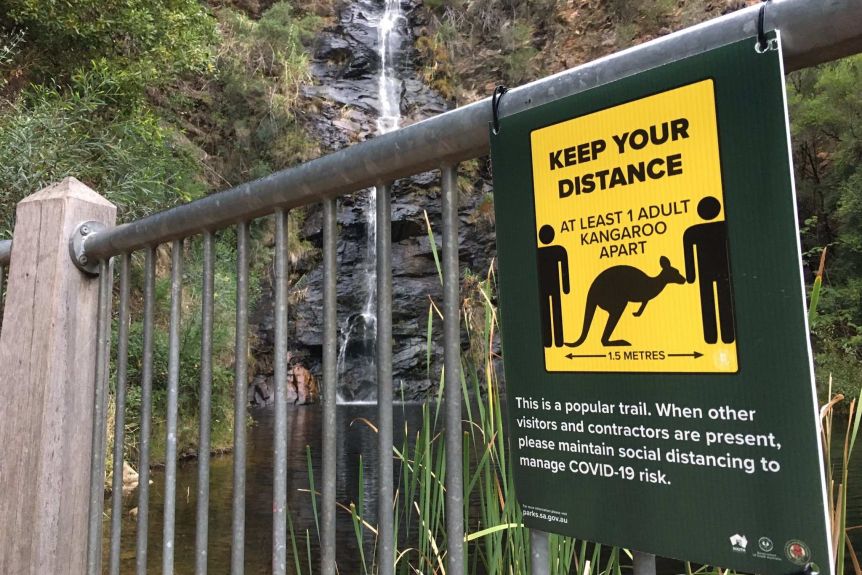

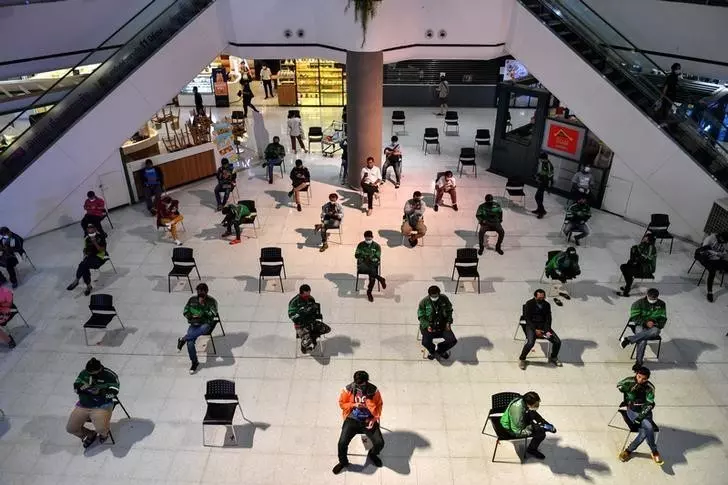
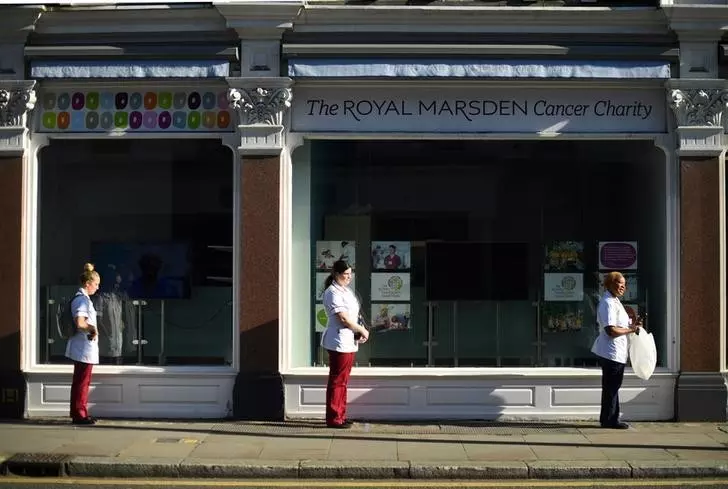
- Avoid shaking hands, hugging or kissing anyone on greeting.

- Allow open windows and doors, if possible, to make sure the workplace is well ventilated.

- Put sanitizing hand rub dispensers in prominent places around the workplace.

- Display posters promoting hand-washing and hand gel use around the workplace.
- This is the best handwashing poster that I can find. It clearly shows how to turn off the tap using a paper towel to protect your hands from re-infection!
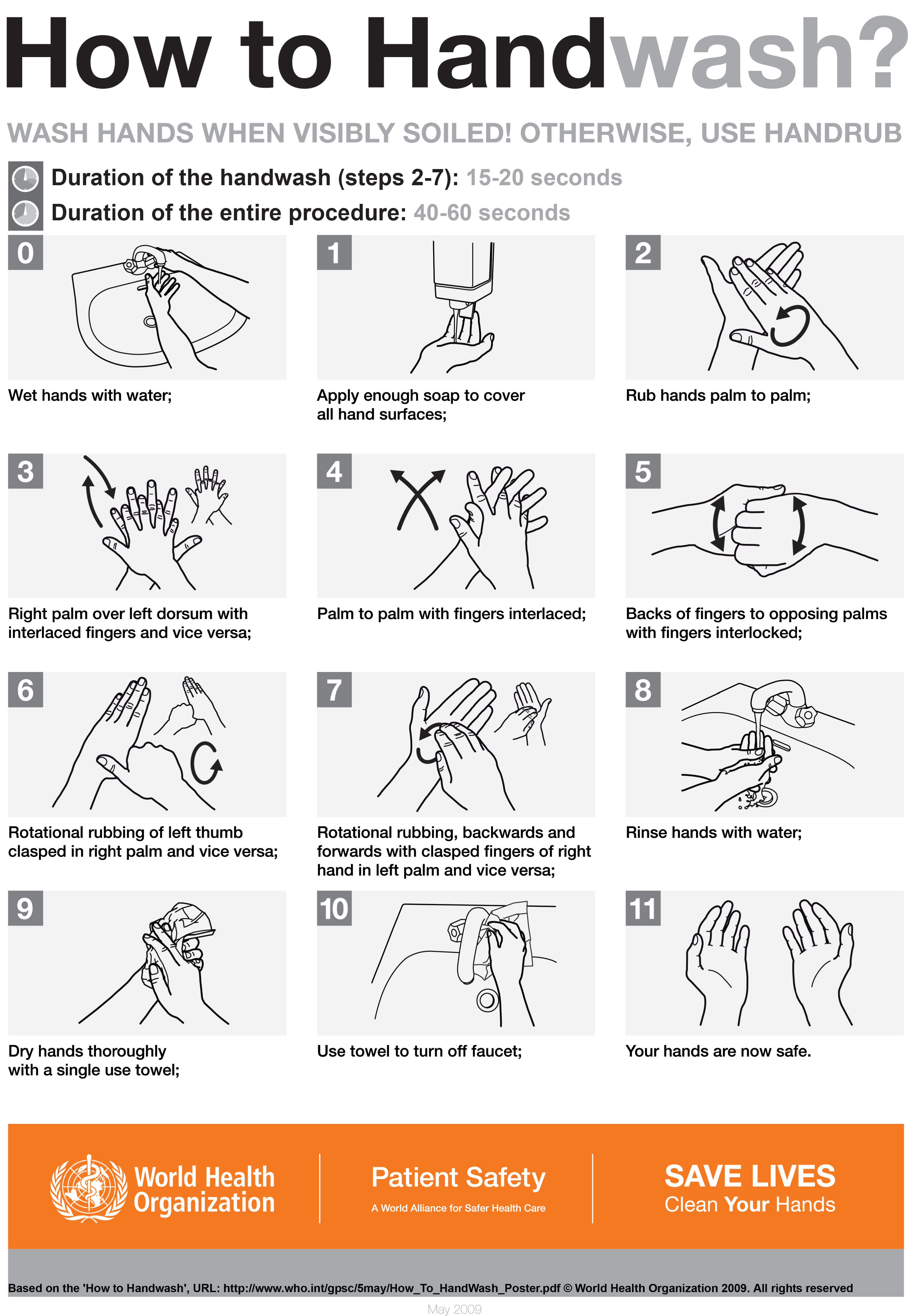
Note:The current poster from NSW Health does not explicitly show how to use a paper towel to turn off the tap. It needs to be corrected.
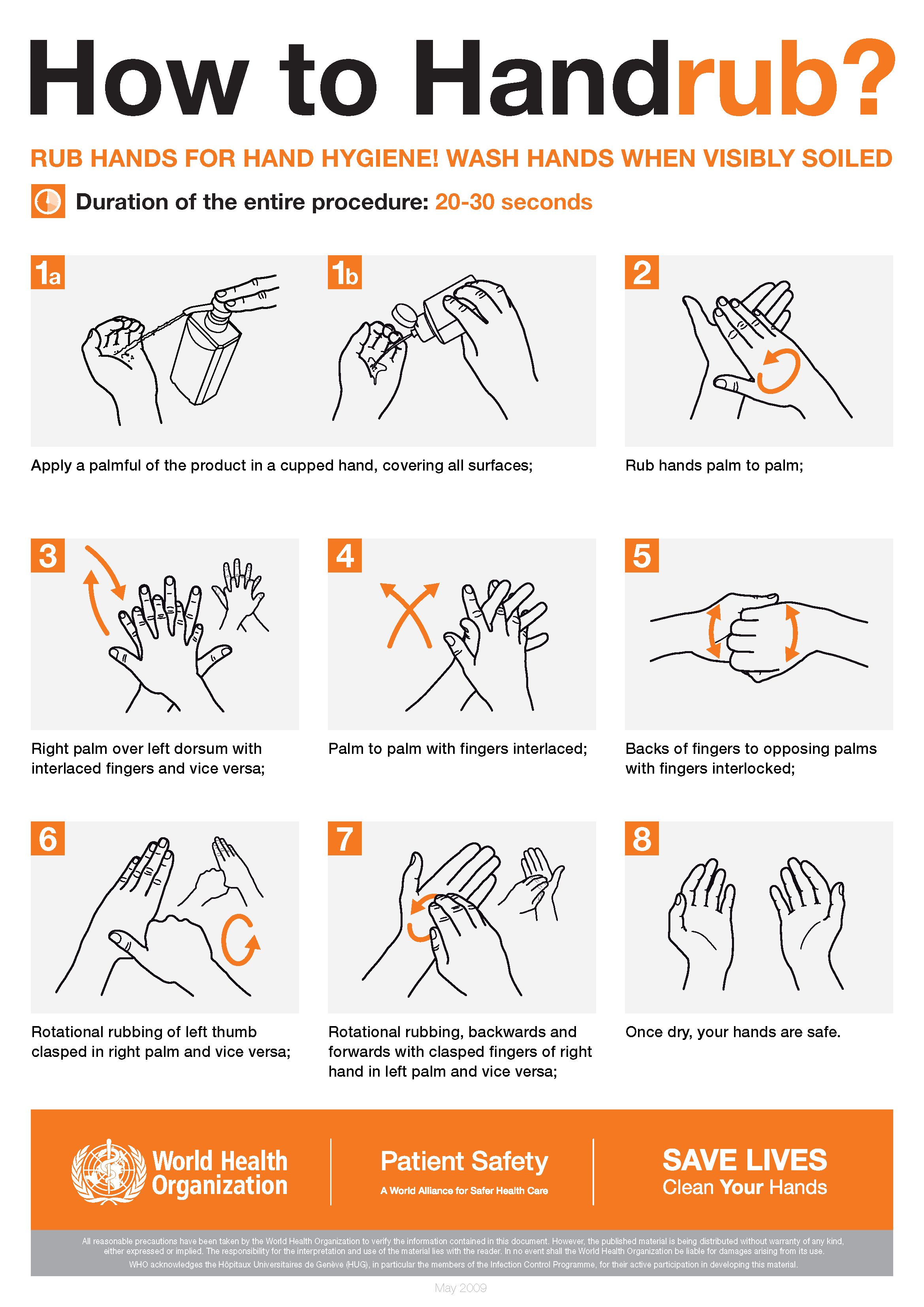
- Some more posters from the WHO on hand washing:



- Your employer should ensure that face masks and / or paper tissues are available at your workplaces for those
who develop a runny nose or start coughing at work, along with closed bins for hygienically disposing of them. WHO recommends surgical face masks rather than 'N95' face masks.
- Ideally, any employees who are coughing should take sick leave.
- Customers who are coughing should be asked to return another day when they are feeling well.
- Display posters promoting respiratory hygiene.
- Some posters from the WHO on respiratory hygiene:



- Advise employees and contractors to consult national travel advice before going on business trips.
- Your workplace should develop a plan of what to do if someone becomes ill with suspected COVID-19 at one of your
workplaces.
- Here is a resource kit for businesses from Safe Work Australia.
[ Back to EBDM Main page ]
Any questions or comments please contact Gordon.Doig@EvidenceBased.net
Privacy Policy
Page last modified on 27 July 2021.
|












































